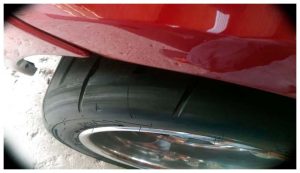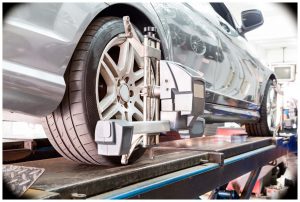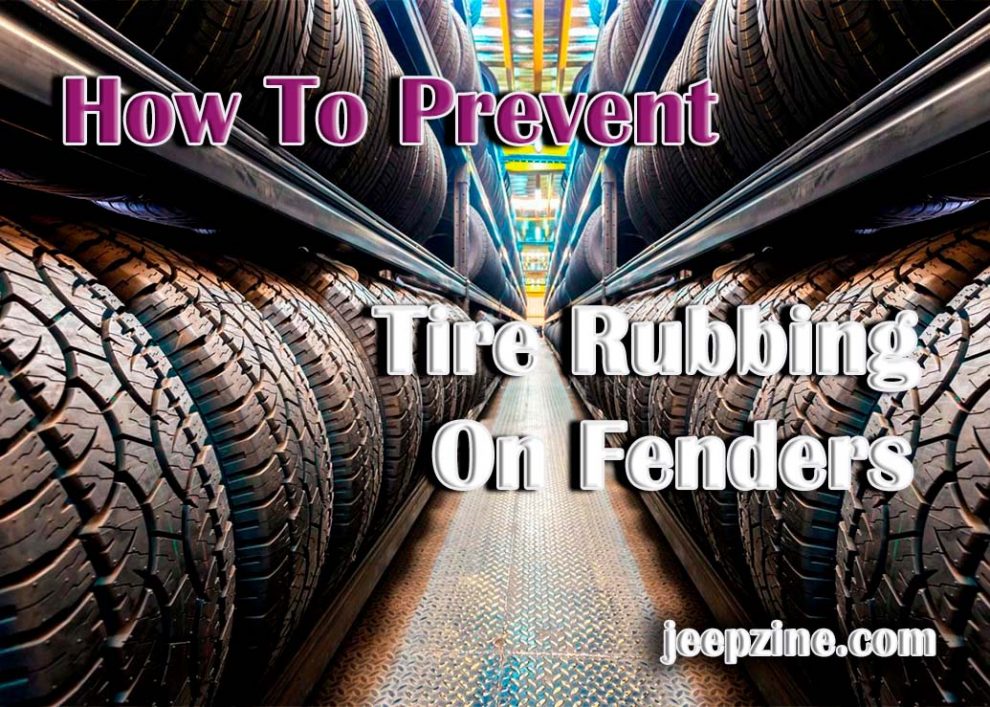Having your tires rubbing against the fender can be an extremely annoying problem. Tire rubbing can not only cause damage to your car, but it can also affect performance and reduce tire life. Thankfully, this issue is usually easily solvable with a few simple steps. In this article, you will learn how to prevent tires from rubbing against the fender and what to do if it is happening already.
Causes of Tire Rubbing

Tire Rubbing With No Tire Or Wheel Changes
Sometimes you might experience tire rub even without any changes to the wheels or tires on your vehicle. This is usually due to improper alignment which could be caused by potholes in roads or incorrect installation of aftermarket suspension components such as lowering kits or camber bolts which were not installed properly by a qualified technician. It can also be caused by extreme misalignment, which is when the camber, caster and toe angles of the wheels are set out of factory specifications.
Signs And Risk Of Tire Rubbing
The most obvious sign that your tires are rubbing is a rubbing or grinding noise while driving. Other signs include a visible wear pattern on your tires and/or fender, or an overall poor handling performance. This type of tire rub can cause damage to your vehicle over time if left unchecked and could potentially create an unsafe driving situation.
How to Stop Tires from Rubbing

|
Cause of Tire Rubbing |
Fixing of Tire Rubbing |
| Installing bigger tires | Adjust wheel offset or add wheel spacers |
| Change in Wheel Offset | Adjust to the recommended setting |
| Wheel Spacers | Install wheel spacers to move the wheels outwards |
| New, OE replacement tires | Adjust air pressure accordingly |
| Suspension component issues | Replace worn out suspension components |
Conclusion
Tire rubbing can be an annoying issue that not only affects performance but can cause damage to your vehicle over time if left unchecked. Thankfully, this issue is usually easily solved with a few simple steps such as adjusting the wheel offset or adding wheel spacers, replacing worn out suspension components or adjusting the air pressure for new OE replacement tires. By following these tips, you can prevent tires from rubbing against your fender and keep your car running smoothly for years to come!


Add Comment